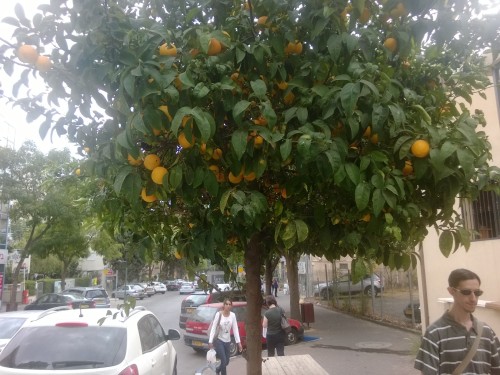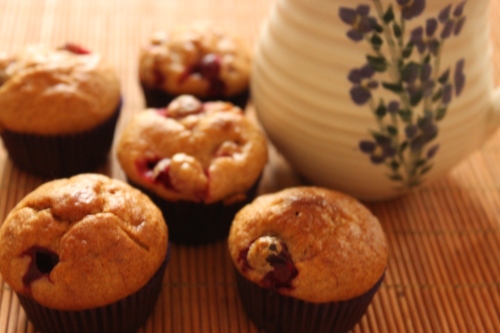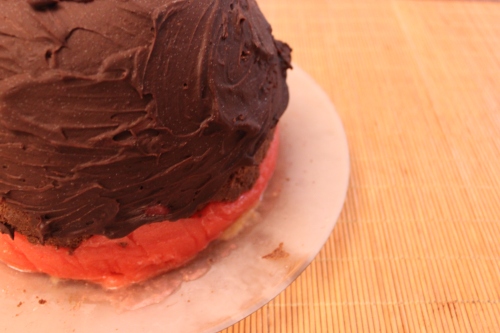Named a top book of 2014 at My Full Bookshelf and Words of Mystery.You really need to read this book.
Playing with Matches is a coming of age comedy about an 11th grade student who becomes an inadvertent and anonymous Internet matchmaker within the traditional Jewish community. As she juggles her double life as student by day and matchmaker by night, her life spirals out of control with some hilarious and moving results.
Here are some highlights from a review at My Full Bookshelf.
Warning: I gush in this review. A lot. (What can I say? I had some serious love for this book.)
Have you ever read a book that made you laugh so much you cried and then made you cry just because it was so touching the very next moment? Very few stories I’ve read have fit that description. But I can add Playing With Matches to that short list now, because that is exactly what this book did to me.
The first thing you need to know about Playing With Matches is that is is extremely, extremely, extremely funny. Usually when people go, “this book is so funny” in reviews, I don’t take it to heart, because I seldom find humor in books as funny as everyone else. But TRUST me; this book is hilarious. The predicaments Raina gets herself into are outrageous.
Raina is an awesome main character. Her sense of humor is great. I could relate to her emotionally, because, while being a really fun character, she is also really emotionally fleshed out. And, hello, she’s a matchmaker, which is a) totally unexplored ground in YA literature and b.) is actually really, really interesting!
I usually do not think the romance in YA is the best part of a book…but in this case it definitely was! Probably because it wasn’t with the main character and some random hottie. Also, it wasn’t focused on just one relationship…it was a bunch of relationships where the reader had no idea if they would work out or not, which made it even better.
In fact, there were a lot of themes in here that I wouldn’t have expected from a book like this. When it starts, it does seem like it will be kind of fluffy. A good sort of fluffy, but still fluffy. But it ended up being so much more than that; the end was extremely touching (I cried) and I think that’s what truly makes this book so awesome.
Playing With Matches was amazingness in book form. If you need any more proof that I liked it, I have read 213 books this year. This is only the twelfth book that I have rated 5 stars. So basically, you should read it.
To purchase follow the links to Amazon.com or Amazon.ca.





![Bereishit 24:14 And it will be, [that] the maiden to whom I will say, 'Lower your pitcher and I will drink,' and she will say, 'Drink, and I will also water your camels,' her have You designated for Your servant, for Isaac, and through her may I know that You have performed loving kindness with my master."](https://torahportions.files.wordpress.com/2013/10/img_7673.jpg?w=500&h=333)












